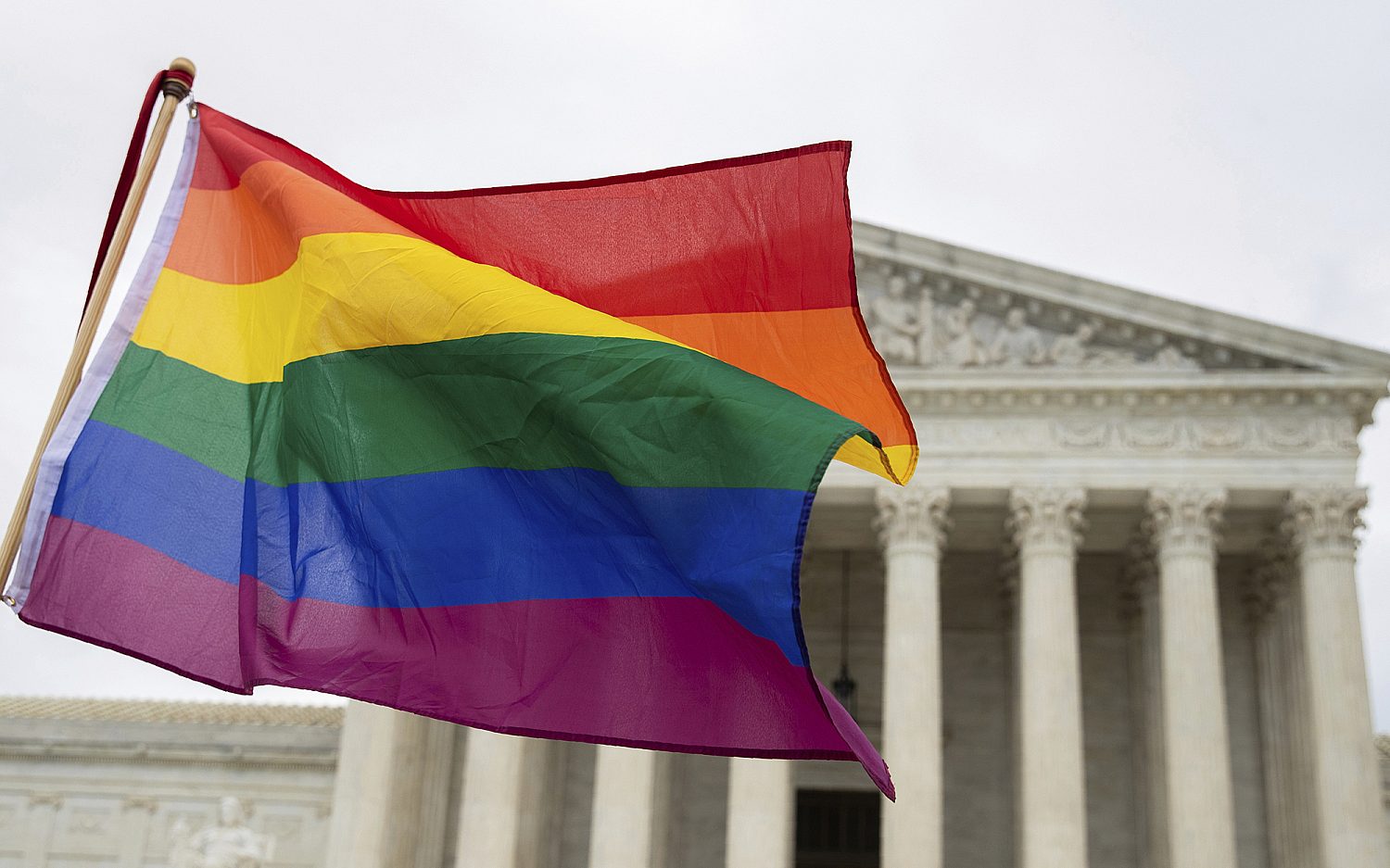Supreme Court hears arguments on Florida, Texas laws about social media moderation
Update, 5:30 p.m.
Texas state Sen. Bryan Hughes on Monday told reporters in a press conference hosted by the Heritage Foundation that, “We’re not gonna stop. We’re gonna protect free speech.” Hughes authored Texas’s HB 20, which came before the court earlier on Monday. He said that if the court ruled against the law, “we’ll write another one.”
What’s the difference between this and the Florida law in question? Hughes said that Texas’s law does not regulate the speech of the platform. He said the Texas law allows the platform to put a warning on posts its management personnel disagree with—something he said Florida’s law does not allow. Florida’s bill also included extra explicit language protecting political candidates from losing their social media platforms over their statements.
What could this mean for the viewpoints used in developing AI? Legal scholar Philip Hamburger said that the “common carrier” idea referenced in oral arguments earlier could provide one of the only ways to regulate artificial intelligence software. He added that a statute like the Texas law in question could provide a model for how to do so. Law professor Adam Candeub asserted that a ruling in favor of NetChoice LLC could grant businesses the freedom to “unleash whatever AI they want and there will be no recourse.”
Update, 2:14 p.m.
The Supreme Court on Monday afternoon heard oral arguments on Texas law that—similar to one discussed earlier in the day from Florida—bans social media companies from allegedly discriminating against certain viewpoints.
What did the sides argue? Attorney Paul Clement, on behalf of NetChoice LLC, argued that the only way for social media companies to comply with this law would be to counter any viewpoint presented on its platforms with equal time given to opposite viewpoints, so as not to discriminate based on viewpoint. He said that would effectively require them to include pro-suicide posts alongside posts discouraging suicide, for example. He argued that social media companies would likely refuse to publish suicide prevention posts as a result. Clement disputed the “common carrier” status of social media companies as well. He also argued that social media companies could not protect children if the court decided they were not allowed to engage in some sort of “viewpoint discrimination.”
What about the other side? Texas Solicitor General Aaron Nielson backed the law’s assessment that social media carriers “function as common carriers.” He said that if social media companies disagree with the Texas law, they are welcome to not do business in the state—something he said technology allowed them to do. He argued that Texas law does not compel any speech on the part of social media companies.
Initial post, 12:35 p.m.
The Supreme Court on Monday heard oral arguments about whether states can legally stop social media platforms from removing certain viewpoints.
What happened in the oral arguments? Florida Solicitor General Henry Whitaker represented the petitioner in the first case—the state of Florida—and argued for the constitutionality of his state’s law. Whitaker argued the law doesn’t violate any sort of First Amendment rights of social media companies since they’re functionally “common carriers” that transport people or goods for a set fee. He argued the law upholds the First Amendment rights of individuals using social media platforms.
What did the other side have to say? NetChoice LLC, represented by attorney Paul Clement, said that the Florida law discriminates based on the content of the speech being regulated. The U.S. Solicitor General Elizabeth Prelogar argued that social media platforms are not “common carriers,” which don’t have First Amendment rights. She argued that social media platforms are inherently expressive entities and that their editorial decisions regarding the content on their website are protected by the First Amendment.
An actual newsletter worth subscribing to instead of just a collection of links. —Adam
Sign up to receive The Sift email newsletter each weekday morning for the latest headlines from WORLD’s breaking news team.





Please wait while we load the latest comments...
Comments
Please register, subscribe, or log in to comment on this article.